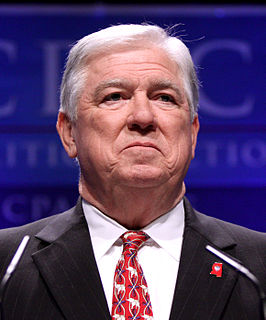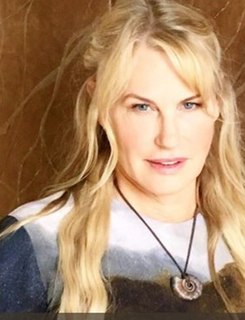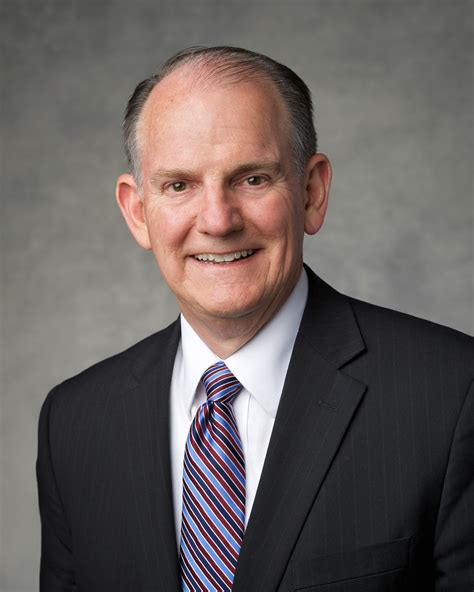A Quote by Bhavish Aggarwal
As we scale, we will be able to drive the business with more efficiency, which will allow us to pass on more benefits to the consumers.
Related Quotes
My advice is to stop trying to "network" in the traditional business sense, and instead just try to build up the number and depth of your friendships, where the friendship itself is its own reward. The more diverse your set of friendships are, the more likely you'll derive both personal and business benefits from your friendship later down the road. You won't know exactly what those benefits will be, but if your friendships are genuine, those benefits will magically appear 2-3 years later down the road.
We wish to control big business so as to secure among other things good wages for the wage-workers and reasonable prices for the consumers. Wherever in any business the prosperity of the business man is obtained by lowering the wages of his workmen and charging an excessive price to the consumers we wish to interfere and stop such practices. We will not submit to that kind of prosperity any more than we will submit to prosperity obtained by swindling investors or getting unfair advantages over business rivals.
Most Americans are more concerned about the economy and job creation. And they can't understand why the Obama administration or the Democrat majority in Congress wants to pass a bill like the cap-and-trade tax that will cost us jobs, that will hurt our economy, that will drive up costs for families, as well as for small businesses.
Specifically in reference to Iran, Donald Trump will not be able to renegotiate the nuclear arms pact. His attempt to do so will alienate all the European powers involved and will cost a number of US companies some very lucrative contracts. It is a losing proposition for him and for the US. Much more so than for Iran, who will turn more and more to Russia and China as trading partners.
For society, the Internet is wonderful, but for capitalists, it will be a net negative. It will increase efficiency, but lots of things increase efficiency without increasing profits. It is way more likely to make American businesses less profitable than more profitable. This is perfectly obvious, but very little understood.
To Him let us but cleave in all ouv strife; and the Tempte1 will flee; the wilderness will be desolate no more; angels will come and minister unto us; and when we pass from them to the ministry of life, be it to the glory of a transfiguration, the sorrows of a Gethsemane, or the sacrifice of the cross, the tran- quilizing peace of God will never be far from us.
Our Heavenly Father, who loves us completely and perfectly, permits us to have experiences that will allow us to develop the traits and attributes we need to become more and more Christlike. . . . As we understand this doctrine, we gain greater assurance of our Father's love. We will each face times of difficulty, and the question is not when we will face them but how we will face them.
About life: "It is not complicated unless I make it so. It is not difficult unless I allow it to be. A second is no more than a second, a minute no more than a minute, a day no more than a day. They pass. All things and all time will pass. Don't force or fear, don't control or lose control. Don't fight and don't stop fighting. Embrace and endure. If you embrace, you will endure.
Autonomous vehicles, because they'll be able to operate at a lower cost, will be able to pull more consumers into the Lyft network. And as you have more people switching from using their own car, they'll be taking more rides that still require a person behind the wheel. We think that in the foreseeable future of the next five-plus years, the number of human drivers we need on the road is going to keep going up. Longer term, of course, when the cars are fully autonomous, there will be a big shift.

































